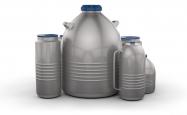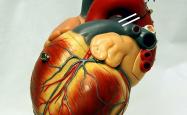Student practical activities at home: Can students take chemicals and equipment home to enable them to conduct practical activities/experiments in the home environment?

Student practical activities at home: Can students take chemicals and equipment home to enable them to conduct practical activities/experiments in the home environment?

Standard Operating Procedure (SOP) and detailed method on how to handle liquid nitrogen (LN2).

This online resource demonstrates the size of atoms and the way they move.

This Standard Operating Procedure (SOP) gives a detailed method for how to handle dry ice.

This online resource demonstrates how to simulate the rock cycle.

This online resource looks at plate tectonics.

This online resource deals with the circulatory and respiratory systems.